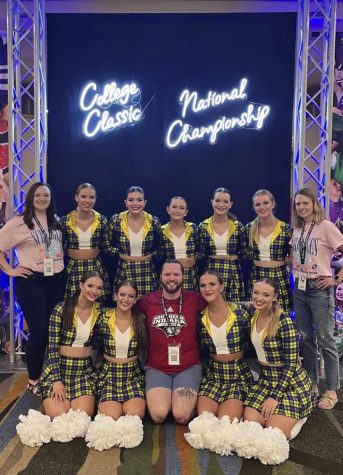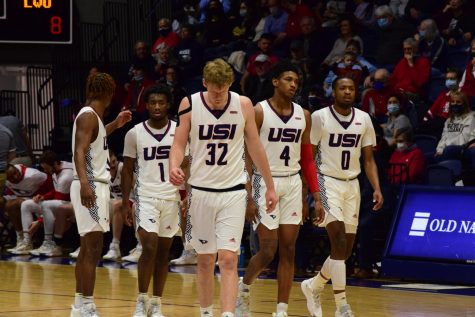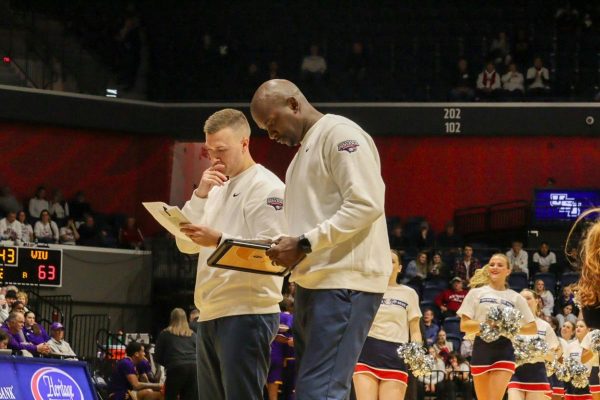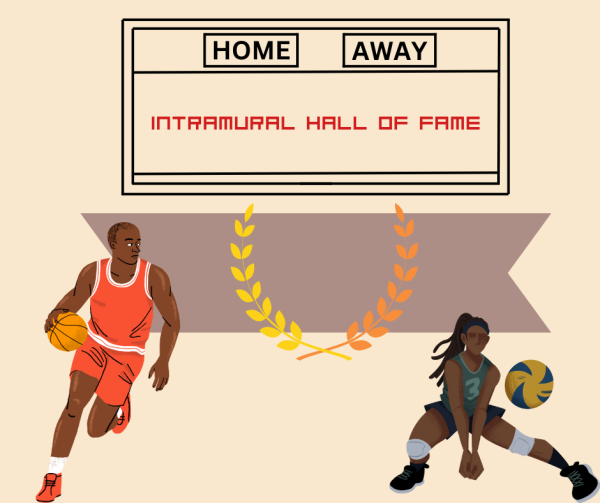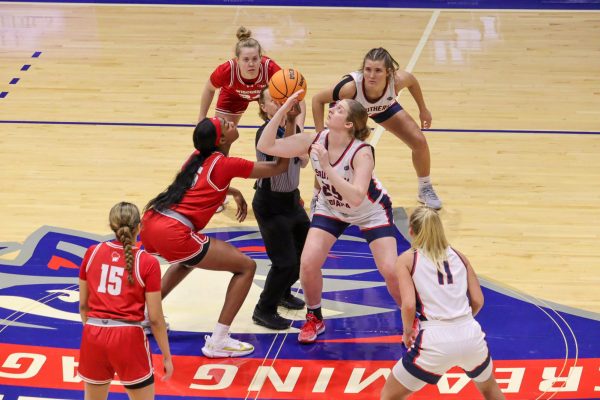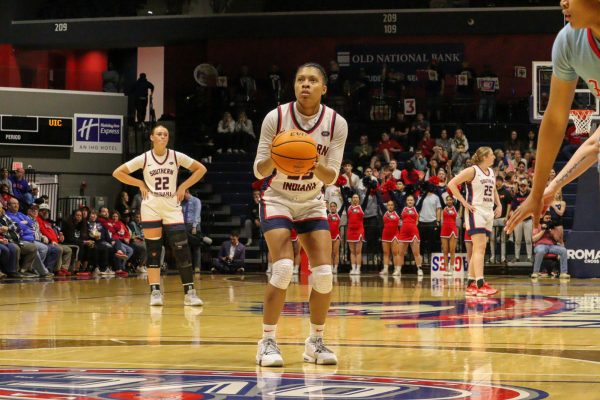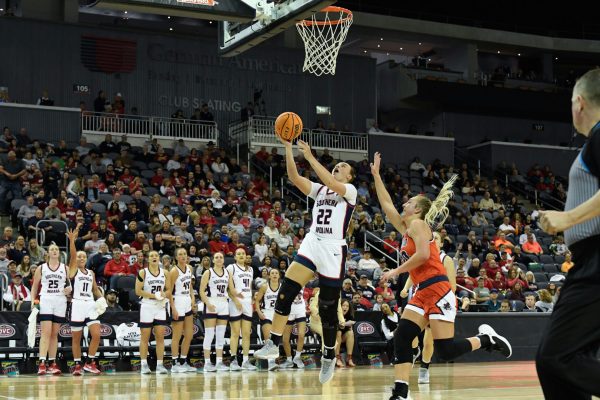The Sideline View: What issues are athletes allowed to speak about?
One name remains off of an NFL roster as training camps near completion: Colin Kaepernick.
The 29-year-old made ripples last year when he started kneeling instead of standing for the National Anthem.
To many onlookers, Kaepernick’s actions were seen as an affront to the police and military, not as an American citizen practicing his First Amendment rights.
The fact that Kaepernick threw for 2,241 yards last season and had 16 touchdowns with a 4:1 TD-INT ratio leads sports writers and his former peers in the NFL to believe he’s being blacklisted by the 32 owners and GMs around the league.
Richard Sherman of the Seattle Seahawks provided strong words when asked about Kaepernick’s unemployment.
“What is it about?” he said. “It’s not about football or color. It’s about, ‘Boy, stay in your place.’”
If Sherman’s views on the matter turn out to be accurate, then what message does this send to younger athletes, mainly those in high school or college?
Are they supposed to stay in their place as well? Are they supposed to sit there idly while class discussion after class discussion goes on without chiming in because, you know, it’s not their place to speak on anything other than sports?
The term ‘gladiator’ is often used when describing football players because of how violent the sport is and the amount of harm the men do to each other, all in the name of entertainment.
Like football players and other athletes, the public didn’t care what the gladiators’ thoughts were on the direction of the country. All they cared about was being entertained.
This raises two questions. Will it ever be appropriate for athletes to have an opinion on something other than sports?
And of course, the most important question, how would USI react if their players decided to do something similar to what Colin Kaepernick did?

